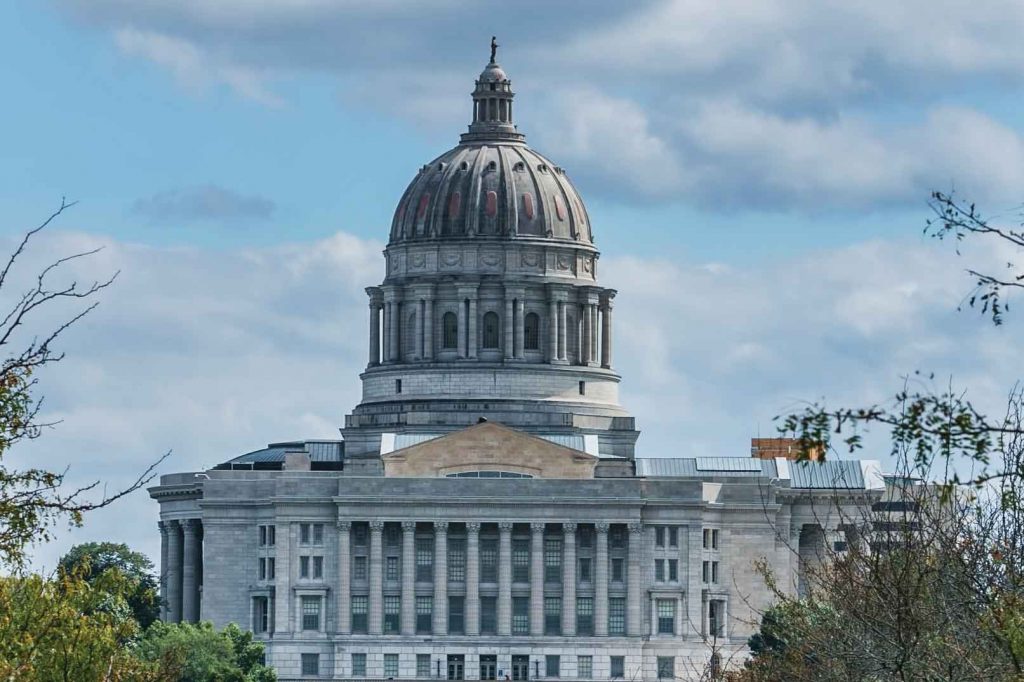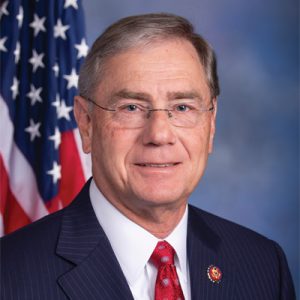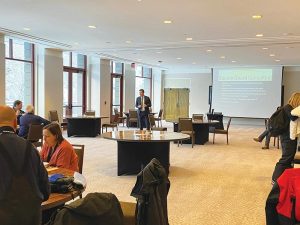By Congressman Blaine Luetkemeyer, Missouri’s 3rd Congressional District
Recently, the Small Business Committee Chairwoman Nydia Velazquez and I negotiated a short extension to the program to give SBA time to iron out its problems and ensure qualified small businesses receive the relief they need.
Bankers most likely know the Paycheck Protection Program (PPP) better than any other profession. Having been the vehicle for the government’s most productive economic response to the pandemic, you have helped countless small businesses stay afloat and keep workers employed. As the lead Republican on the Financial Institutions Subcommittee, I spent a lot of time discussing the development of PPP last year — I spoke with many of you throughout that process — and now with the addition of being the lead Republican on the Small Business Committee, which has jurisdiction over the Small Businesses Administration, I am also responsible for overseeing the new administration’s execution of PPP.
Since the program reopened at the first of the year, we’ve seen several challenges pop up. On top of unnecessary, politically-motivated restrictions imposed by the administration’s 14-day exclusive lending period, error codes are causing massive processing delays. The SBA has stated it will stop processing all loans — even those already in the system — when the program expires on March 31. As of March 16, there was roughly $95 billion left in the program. There is absolutely no reason that small businesses who took the appropriate steps to access the program should not get relief simply because the SBA is experiencing delays. What’s more, as is often the case when the government is the private sector’s fault, banks will take the blame. That is unacceptable.
Recently, the Small Business Committee Chairwoman Nydia Velazquez and I negotiated a short extension to the program to give SBA time to iron out its problems and ensure qualified small businesses receive the relief they need. Specifically, the bill extends PPP for an additional 60 days then gives SBA another 30 days to process all loans in the pipeline. Importantly for banks, the expedited loan forgiveness process that was put in place in December will remain in place. The House passed the bill on March 16, and we expect the Senate to follow suit before the end of the month.
Given the current burn rate, the extension should provide the right amount of time to distribute the remaining funds while the program comes to a permanent close. As Ronald Reagan said, “Nothing lasts longer than a temporary government program.” While the need for PPP lasted longer than we all had hoped, there is light at the end of the tunnel. With vaccines being disseminated across the country and the economy reopening, small businesses will soon have the best relief possible: a return to being fully operational and welcoming customers without restrictions. That should mark the end to this successful, temporary government program.








